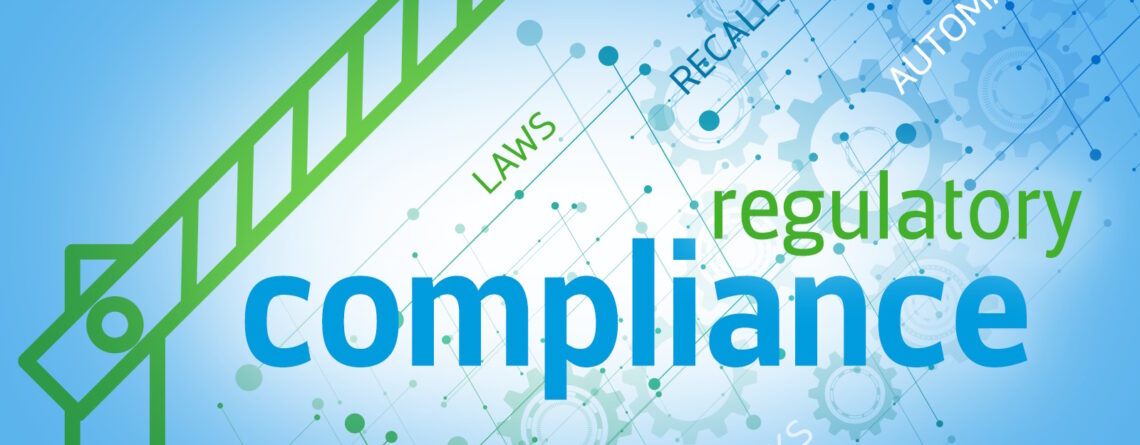Regulatory Compliance: the Role of Managed Services
The Complex Landscape of Regulatory Compliance
Businesses face a complex landscape of regulatory requirements. These regulations aim to protect consumer data, ensure fair business practices, and maintain industry standards. However, navigating these requirements can be challenging, especially for small businesses. Regulatory compliance is not a one-time task but an ongoing process. Laws and regulations evolve, and businesses must keep pace with these changes. Non-compliance can lead to hefty fines, reputational damage, and loss of customer trust.
Managed services providers (MSPs) play a crucial role in helping businesses meet these regulatory requirements. They offer a range of services designed to ensure compliance, from conducting audits to implementing security measures.
Expertise and Experience
MSPs bring a wealth of expertise and experience in dealing with regulatory compliance. They stay up-to-date with the latest regulations and understand the technical aspects of compliance. This knowledge is invaluable in helping businesses navigate the complexities of laws like the California Consumer Privacy Act (CCPA) and the General Data Protection Regulation (GDPR).
Moreover, MSPs have a deep understanding of the IT landscape and the associated risks. They can identify potential vulnerabilities in a company’s IT infrastructure and recommend measures to mitigate these risks.
Proactive Compliance Management
MSPs don’t just help businesses become compliant; they help them stay compliant. They conduct regular audits to identify potential compliance issues and provide real-time monitoring to detect and respond to issues as they arise. This proactive approach helps prevent breaches and ensures continuous compliance.
Regular audits are crucial for maintaining compliance. They provide a snapshot of a business’s compliance status and highlight areas that need improvement. MSPs use a variety of tools and techniques to conduct these audits, ensuring a thorough and accurate assessment.
Real-time monitoring is another key service provided by MSPs. By continuously monitoring a business’s IT environment, MSPs can detect potential compliance issues as they arise and take immediate action to resolve them. This not only helps maintain compliance but also enhances the overall security of the business.
Tailored Compliance Strategies
Every business is unique, and so are its compliance needs. MSPs work closely with businesses to understand their specific needs and develop customized compliance strategies. These strategies take into account factors like business size, industry, and the types of data the business handles.
A tailored compliance strategy is more than just a checklist of compliance requirements. It’s a comprehensive plan that aligns with the business’s objectives and risk tolerance. It outlines the steps the business needs to take to achieve and maintain compliance, and it provides a roadmap for managing compliance in the long term.
Regulatory compliance is a complex, ever-changing landscape. Managed services providers play a crucial role in helping businesses navigate this landscape, ensuring they meet regulatory requirements and protect their business and customers.
By leveraging the expertise and services of an MSP, businesses can focus on their core operations while ensuring they remain compliant with all relevant regulations. This not only protects the business from the potential risks and penalties associated with non-compliance but also enhances its reputation and trustworthiness in the eyes of customers and stakeholders.










Leave a Reply